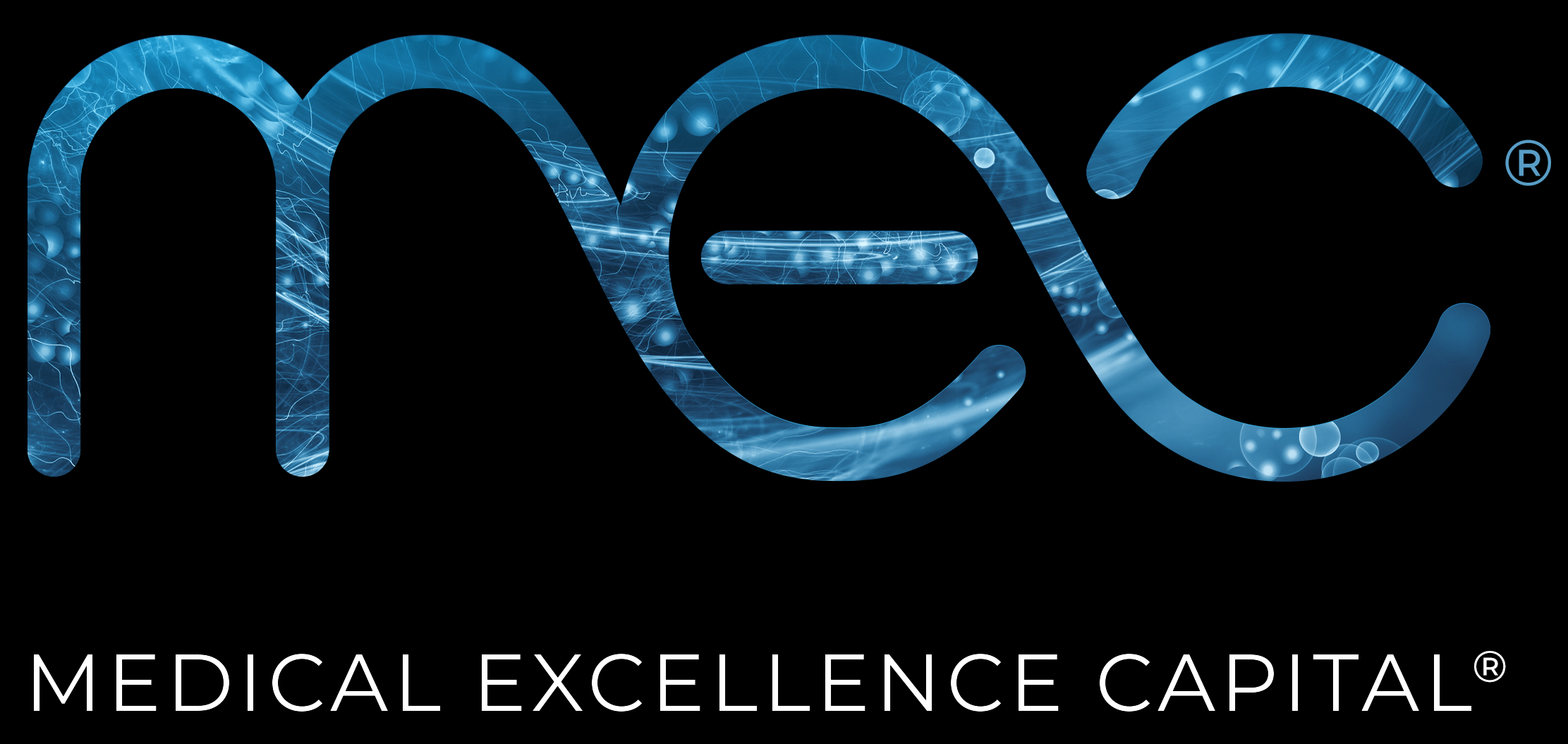Neuroscience Medicine: A New Frontier
The CEO of Roche, Bill Anderson, was quoted last year saying, “We think neuroscience has the potential to be in the ’20s what oncology has been in the last decade.”1
Interest in neurodegenerative diseases has increased sharply from multiple stakeholders as the brain continues to be mapped out. While still nebulous in many aspects, the understanding of the brain’s intricacies has improved, leading to more investment and focus on treating diseases with neurological origins. Since the 1980s, neurology has seen the second largest proportional increase in orphan disease designations, almost doubling from 8% (26 designations) to 15% (457 designations) in the 2010s.2
One of these devastating diseases is amyotrophic lateral sclerosis (ALS) or Lou Gehrig’s disease. In ALS, there are currently only 2 FDA approved therapies in the US: Riluzole and Radicava.3 Riluzole, approved in 1995 as the first treatment for ALS, and Radicava, approved in 2017, only provide modest improvement for patients suffering from the disease. However, desperation to provide treatment options in the neurodegenerative space, even with marginal improvements, is evidently clear with the controversial approval of Aduhelm for Alzheimer’s disease in June 2021.4
Because ALS receives limited federal funding as an orphan disease, non-profit organizations such as Project ALS play an important role in funding research and enabling collaboration for drug development. These groups have supported and overseen many of the advances in understanding ALS genetics and biology, which have spawned new opportunities for therapies. In recent years, public interest in ALS has increased substantially given high-profile celebrity cases and viral social media challenges like the 2014 ALS Ice Bucket Challenge. This awareness and growth in subsequent philanthropic support have allowed ALS research programs to accelerate, leading to potential new breakthroughs and platforms to advance drug discovery and development in ALS.
The Case for Combination Therapy, Current Therapeutics and Treatment Plan, and ALS disease pathway
Current guidelines for ALS treatment involve managing symptoms and providing palliative care as the disease progresses. In addition, ALS seems to be mediated by a complex interaction between molecular and genetic pathways. As is the case with many neurological disorders, the common school of thought is ALS therapy will need to be a combination effort with no one treatment acting as a cure given the various pathways for disease development. Drugs that act in several different ways such as monoclonal antibodies, tyrosine kinase inhibition, and mesenchymal stem cell involvement are a few of the growing strategies to pursue therapies in the space. Given the multifaceted pathogenesis and significant unmet medical need, a myriad of companies and products are now targeting the disease.
ProJenX: An Avenue to Address the Unmet Need
ProJenX is a clinical-stage biopharmaceutical company developing novel small molecule therapeutics that target neuronal stress pathways for the treatment of amyotrophic lateral sclerosis (ALS) and other neurodegenerative diseases. ProJenX is a MEC company creation effort in partnership with Project ALS, a nationally recognized nonprofit organization committed to ALS research, and a team of scientists and co-inventors at Columbia University. The company’s first product, prosetin, is the first investigational drug developed by researchers at the Project ALS Therapeutics Core at Columbia (the Core) as a potential treatment for ALS. It is an oral, brain penetrant, small molecule that blocks a specific group of protein kinases that promotes endoplasmic reticulum (ER) stress-mediated motor neuron loss in ALS models.
In multiple laboratory models of ALS at the Core, the team has shown prosetin to be neuroprotective, with improved stability, CNS penetrance, and oral bioavailability compared to other compounds in development. By partnering with Project ALS, Columbia University, and the scientific co-inventors to form ProJenX, we hope to build on the decades of work this team has dedicated to advancing prosetin, thus accelerating the timeline to address the devastating unmet need in ALS and providing patients with meaningful treatment options.
Stay tuned for more exciting news in 2022 from ProJenX.
_______________________
The contents herein contain a description of an investment made by MEC. References to any investment included herein should not be construed as a recommendation of any particular investment or security. It should not be assumed that investments made in the future will be comparable in quality or performance to the investment described herein.
